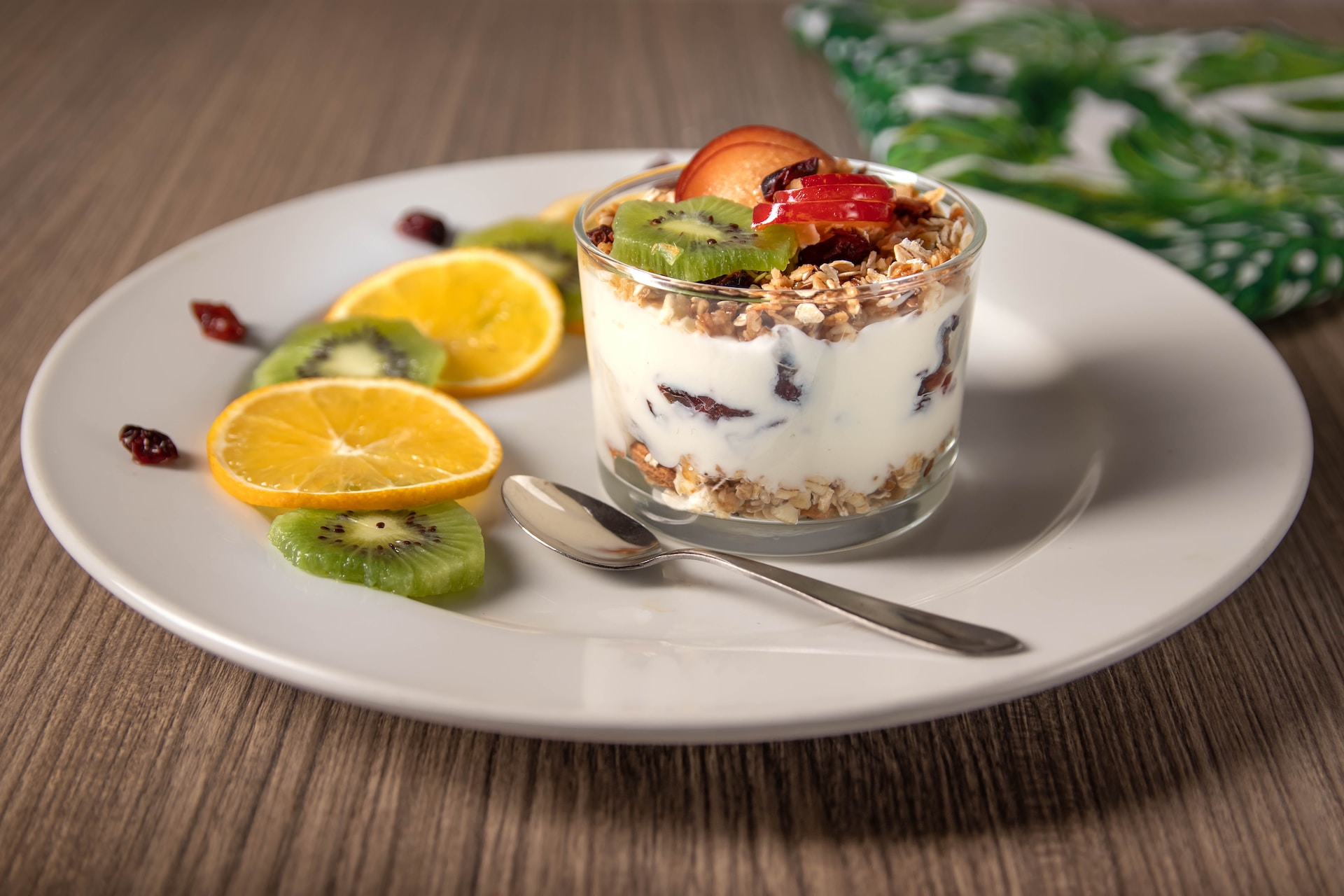
Keep Your Gut Health In Check
Eat a Balanced Diet
A diet rich in fruits, vegetables, whole grains, lean proteins, and healthy fats can help to promote the growth of beneficial bacteria in the gut. Avoiding processed and sugary foods can also help to reduce inflammation in the gut.

Eat A Balanced Diet
Incorporate Probiotics
Probiotics are live bacteria and yeasts that are good for your digestive system. They are found in foods such as yogurt, kefir, sauerkraut, and kimchi. Incorporating these foods into your diet can help to improve gut health.

Incorporate Probiotics
Stay Hydrated
Drinking plenty of water helps to flush out toxins and waste products from the body, which can help to improve gut health. Aim to drink at least eight glasses of water per day.

Stay Hydrated
Exercise Routinely
Regular exercise can help to reduce stress and inflammation in the body, which can have a positive impact on gut health. Aim to get at least 30 minutes of moderate exercise per day.

Exercise Routinely
Manage Stress
Stress can have a negative impact on gut health, so it’s important to find ways to manage stress. This can include practices such as meditation, yoga, or deep breathing exercises.

Manage Stress
Avoid Antibiotics When Possible
Antibiotics can disrupt the balance of bacteria in the gut, so it’s important to avoid them when possible. If you do need to take antibiotics, be sure to follow the instructions carefully and talk to your doctor about ways to support gut health during and after treatment.

Avoid Antibiotics When Possible
Improving gut health takes time and effort, but the benefits are well worth it. By incorporating these tips into your daily routine, you can help to promote a healthy gut and improve your overall health and well-being.








